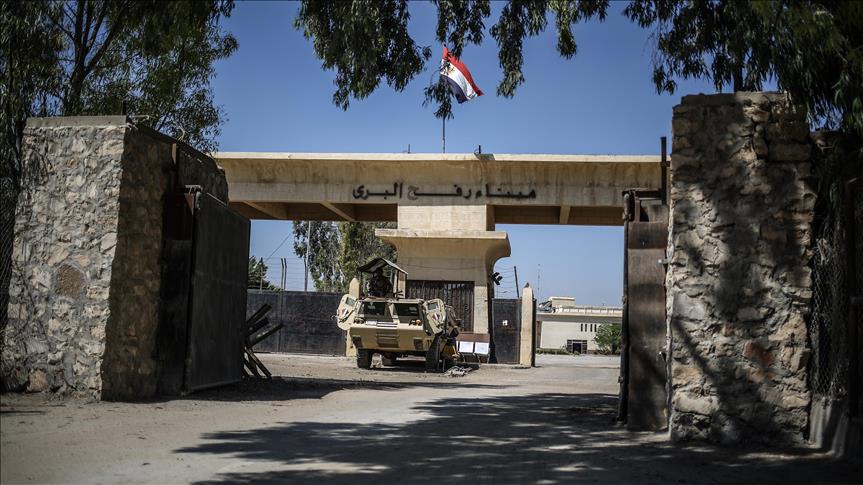
Egypt has denied reports about negotiations with the Palestinian Authority with a view to demarcating their maritime border, According to Anadolu Agency.
Egyptian Foreign Ministry Spokesperson Ahmed Abu-Zeid denied reports suggesting talks between Egypt and Palestine took place over maritime demarcation.
The spokesperson said on Monday that he read the statements attributed to Palestine’s UN ambassador Riyad Mansour, asserting that there are no talks between the two countries regarding that specific topic.
Speaking to Anadolu Agency, spokesman Ahmed Abu Zeid described the border demarcation reports as “unfounded”.
“There is no Egyptian position regarding maritime border demarcation with Palestine,” he said on Sunday.
Media reports earlier cited Palestinian ambassador to the UN Riad Mansour as saying that negotiations had started between the Palestinian Authority and Egypt for demarcating the maritime border of a future Palestinian state.
He said the talks between the two sides are at the preliminary stage, having begun recently with Egypt at the foreign minister level and then continued at the expert level. Palestine gained an observer status at the United Nations in November 2012 and have since joined several UN treaties.
Mansour added that Egypt’s Foreign Minister Sameh Shoukry discussed the idea with his Palestinian counterpart. He also said that a prospective meeting between Egyptian and Palestinian experts took place to begin discussing maritime demarcation.
The maritime borders between Egypt and Palestine could reach the Cypriot maritime borders.
Recently, Israel carried out a maritime borders demarcation agreement with Cyprus to regulate the economic zones in the Mediterranean Sea.
The recent gas discovery in the Mediterranean Sea led Egypt, Greece, and Cyprus to carry out border demarcations.
The gas explorations in the eastern Mediterranean cannot be handled by one country, according to Marios Evriviades, a Cypriot professor of international and European relations.
“No country can take on all of these explorations on its own; it is an area that everybody can claim. This is why they are in collaboration to identify the economic zones,” Evriviades previously told Daily News Egypt.
He added that the three countries are trying to establish a regional body that benefits everybody. Since Greece and Cyprus are European Union members, they are required to follow EU regulations regarding forming such bodies, and this body may work under EU laws, according to Evriviades.
Evriviades believes the Gaza Strip’s maritime borders are more problematic. “The Gaza Strip has its own sea borders, and I think Egypt, Cyprus, and Israel accept that,” he said. He added that any cooperating body must take the interests of Palestinian authorities into consideration.
Egyptian President Abdel Fattah Al-Sisi and Greek prime minister Alexis Tsipras spoke of the importance of a two-state solution to the Israeli-Palestinian conflict during the tripartite meeting of Egypt, Greece, and Cyprus. Evriviades believes this fits into the framework of establishing a regional body that deals with gas exploration.
He added that any cooperation in this area will empower the Palestinians as they will be given the facilities to explore gas and participate in this regional body. “I think the international community will accept this,” he said.
In April, Egypt signed a controversial agreement regarding maritime border demarcation with Saudi Arabia, under which Cairo has ceded two Red Sea islands to the Gulf monarchy.
The agreement has triggered public outcry in Egypt and prompted accusations for Egyptian President Abdel-Fattah al-Sisi of selling Egyptian territory to Saudi Arabia, which has been the main backer of his regime following the ouster of the country’s first democratically elected President Mohamed Morsi in a 2013 military coup.



